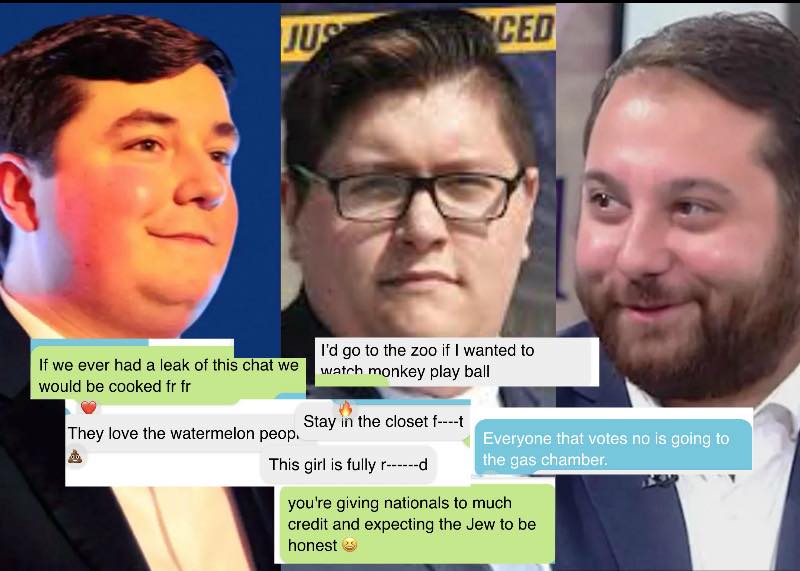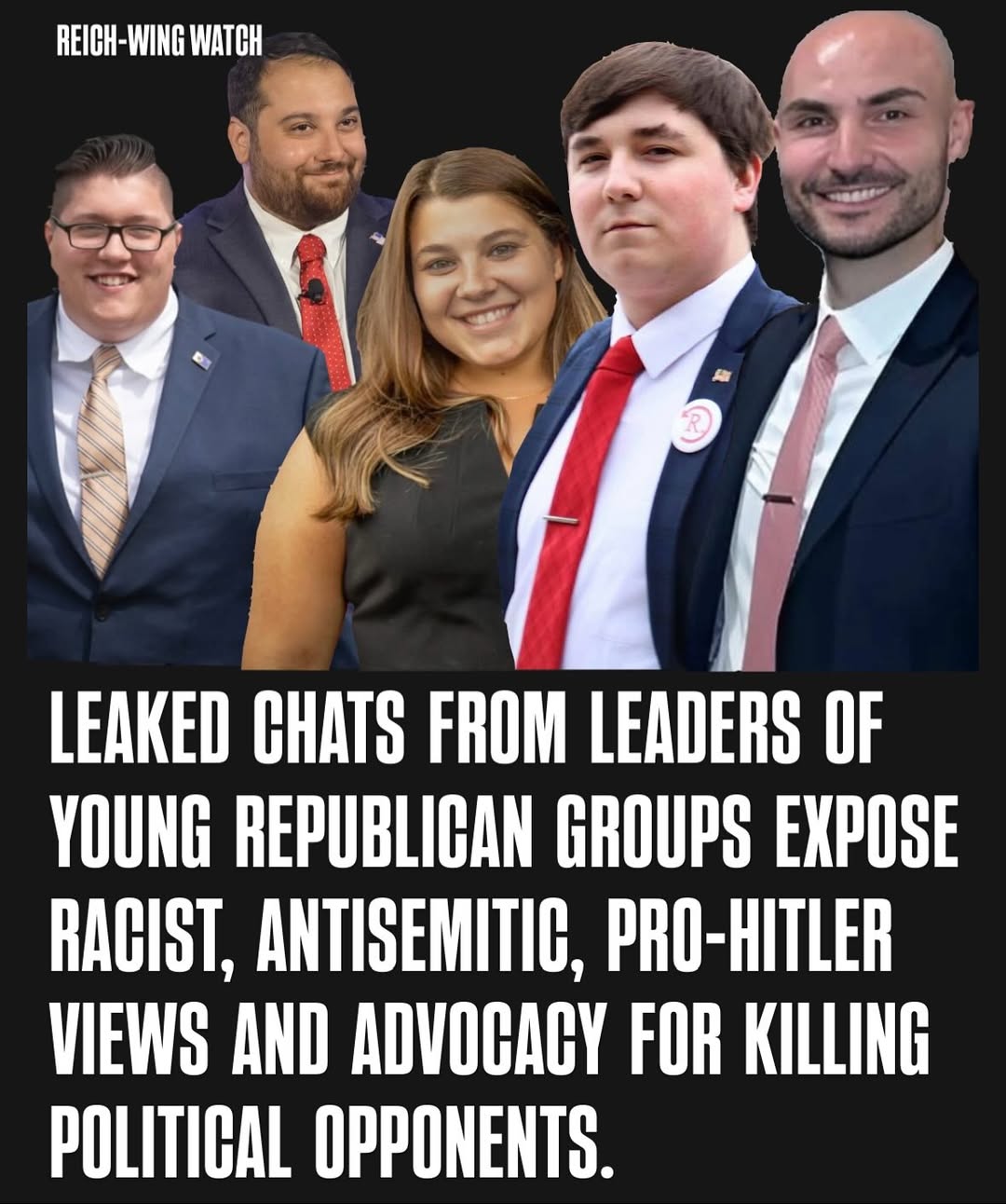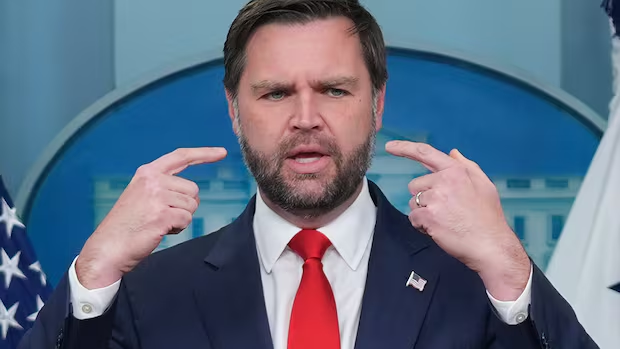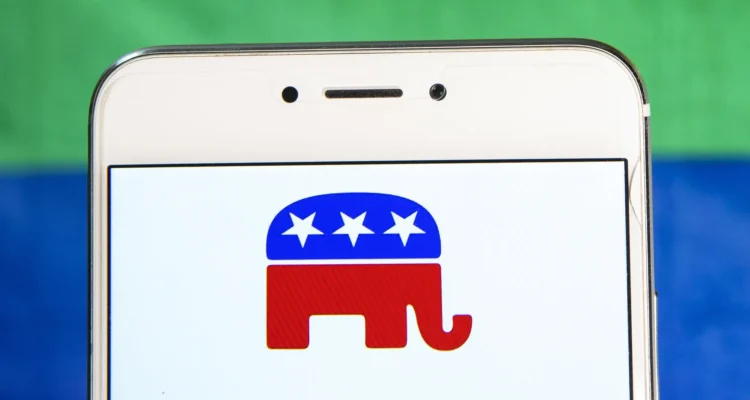A trove of leaked private messages between leaders of the Young Republicans has sparked a firestorm of outrage, revealing a chillingly casual embrace of racist, antisemitic, misogynistic, and violent rhetoric. Over some 2,900 pages of Telegram chat logs, participants—many in positions of influence in state Republican youth groups—joked about sending rivals to gas chambers, celebrated rape, praised Adolf Hitler, and used slurs at length.

One specific chat referred to Black people as monkeys and “the watermelon people”. “I love hitler,” one chat member quipped, who also made antisemitic comments. Another participant called the mass rape of Indigenous people “epic”. One member expressed his support for Republicans he believed supported slavery.

Among the individuals implicated are Peter Giunta, former chair of New York’s Young Republicans, who is reported to have joked that those who didn’t support him would “go to the gas chamber.” Bobby Walker, at one point vice chair of the New York group, is said to have referred to rape as “epic.” Vermont State Senator Samuel Douglass also appears in the logs; he is the only sitting elected official tied to the offensive exchanges.
NY York Governor Kathy Hochul expressed outrage at the messages.
“Some bad apples? These are the future of the Republican party,” Hochul said during a press conference. “This is so vile it’s hard to find the words to put into context that these are people who are part of one of two major parties and they believe in gas chambers and rape and discrimination based on the color of people’s skin.”

In response, the Young Republican National Federation issued a statement condemning the language and demanding that those involved resign from their roles in state and local organizations. Some chapters have already reacted: the Kansas Young Republicans were deactivated following revelations of repeated slurs from its leaders.
Calls for accountability have come from across the political spectrum. Vermont’s governor, Phil Scott, specifically urged Senator Douglass to resign and leave the Republican Party, calling the content “disgusting and unacceptable.” California Governor Gavin Newsom requested a congressional investigation, framing the messages as far beyond mere private missteps—they reflect an ideological tolerance of extremism. Past calls among GOP leaders for decorum did little to prevent the escalation; now many say the party itself must reckon with how young cadres are being nurtured.

But not all in the party have called for harsh sanctions. Vice President J.D. Vance—whose past work positioned him as a conservative intellectual—responded by characterizing the messages as “edgy, offensive jokes” made by “kids,” particularly “young boys,” and warned against letting a poorly conceived joke “ruin lives.” He shifted the conversation, comparing the chats to a separate incident where a Democratic candidate made threatening remarks.

Vance’s comments drew swift backlash. Critics accused him of minimizing hate speech and failing to treat the rhetoric as a political liability. Others inside and outside the GOP argued that admitting offense—as many of the chat’s participants have done—must be accompanied by tangible consequences.
As the uproar widens, two questions loom: whether the Republican Party will enforce meaningful discipline on young leaders who trafficked in hate, and whether this scandal will force a broader reckoning about norms of decency within political youth movements.

